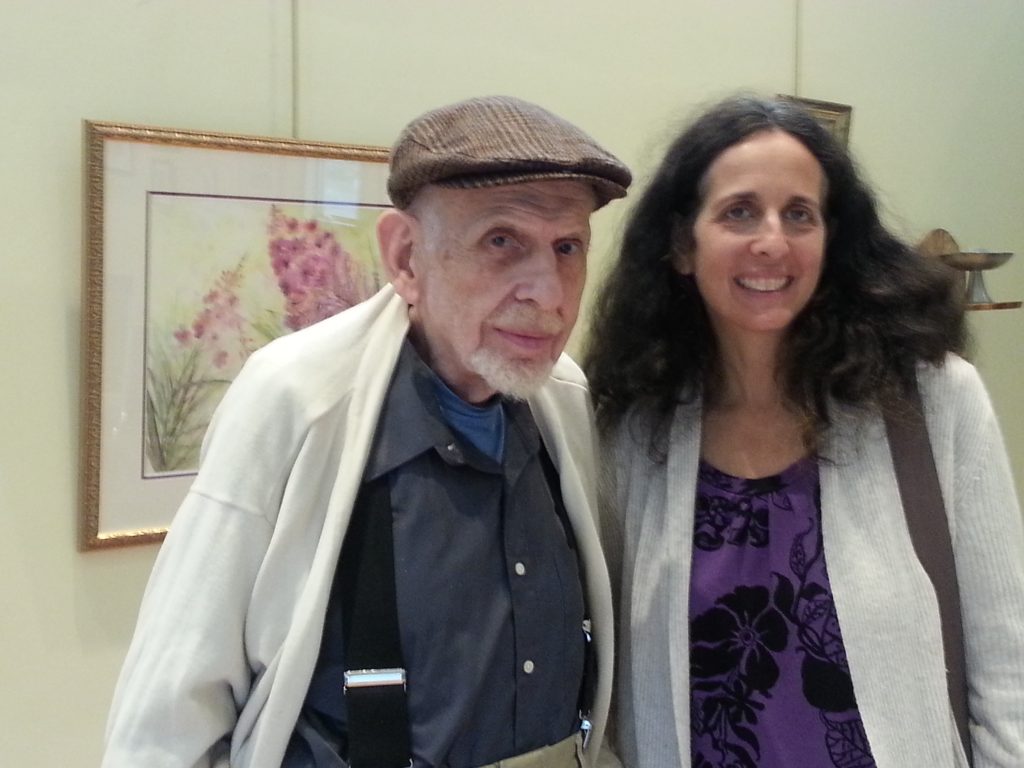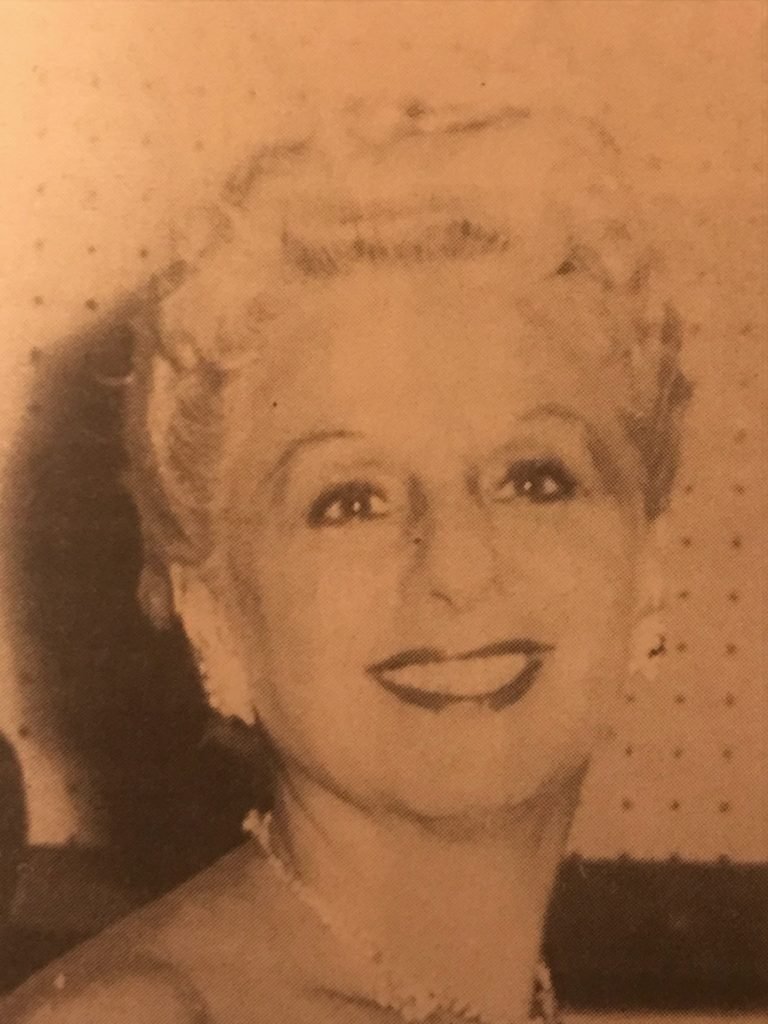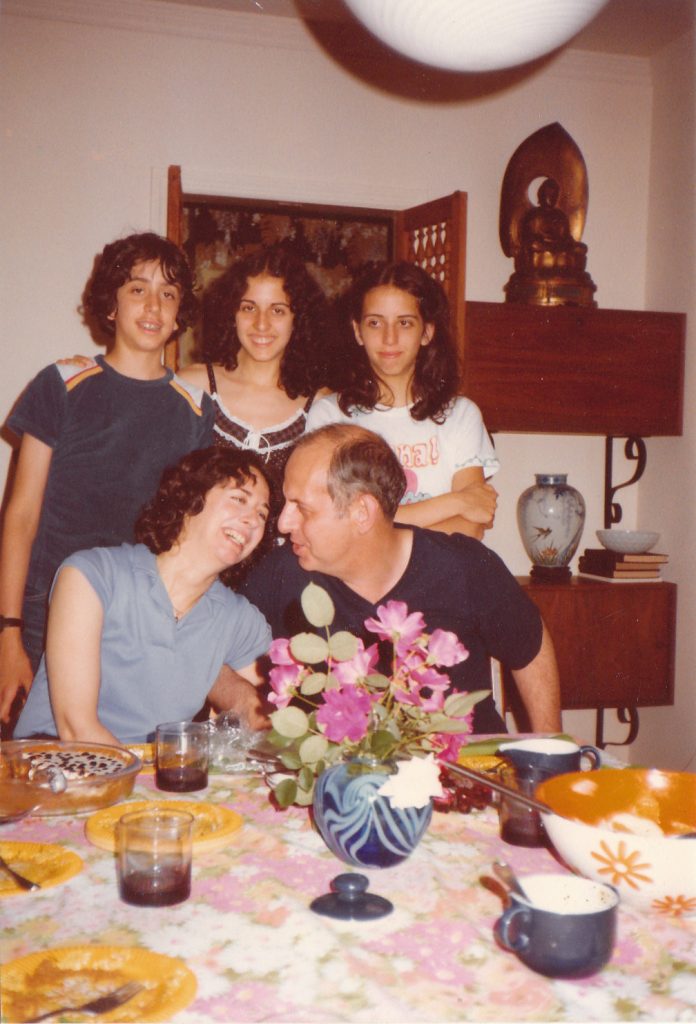Writing about family can be tricky—and scary!
In a recent Get Your Writing Done session Marleise (not her real name) shared that she did some journaling during the first hour and found herself writing a letter to her dad. My first response (thankfully, I did not share it aloud) was, “Why aren’t you writing your book?” — silently judging her process.

I’ve been a coach long enough to know that was my inner critic blurting in my brain and I returned my attention to just listening as Marleise continued. “My father is an alcoholic, and I just needed to write to him about my childhood experience.
“I want to write about alcoholism, but I realized I couldn’t do that until I wrote it to him first. I’m not even sure I’ll send it. I knew I had to do this to free myself up for the other writing.”
Healing Instincts Free Us Up to Write
Family secrets are often the hardest to write about. We can feel the invisible chains and walls that fight to keep our secrets down in the dungeons of our psyches and keep us imprisoned by them, our creativity stifled, our life force diminished, our personal power on “low.”
Breaking those chains and walking through the prison doors is difficult.
And often, the first step is not to break the chains and walk out the door. Instead, it’s a smaller baby step. Maybe we start by digging a tunnel out of prison with a spoon from the dining hall—one tiny scoop of dirt at a time.

Marleise’s instinct to write her dad is an empowering one. She described the freedom she felt in writing the letter. And interestingly, she may not even send it.
This is common—the need to address a person from the past in writing, but not necessarily in person. Just the act of writing can provide the liberation needed to write about family with ease and break through writer’s block.
What Happens When Writers Ignore Their Truth

I mentioned writer’s block, but there are other risks when we try to leap over or skirt around the full story, especially when writing about family.
In my experience as a book coach, I have found that when writers try to write one part of the story and leave out the uncomfortable parts, they end up with half a story. And readers can sense that. They’ll feel unsatisfied, frustrated, resentful or even angry.
That doesn’t mean you must publish everything, but I believe you must confront it all. Write even the parts that you won’t publish. There’s something about the process that imbues the finished product with total energy vs. leaving the reader feeling cheated or deceived.
Give a Heads Up to People in Your Memoir
Fifteen years ago I wrote a post when a client expressed concern that writing about family and publishing her memoir might hurt others. She knew her fears held her back, yet she also knew she didn’t want to cause harm. I suggested a five-step process, so she could be present with the full impact of her story and weigh what to include and what to, perhaps, leave out.

In another instance, I worked with an author who worried about how her family members might react to personal stories in her book. She offered to let her adult children and husband read the book and told them, “You can let me know if there’s something you’re uncomfortable with, but I can’t promise that I’ll take it out.” In this way, she retained artistic control and respected their need to know what was in the book before the world learned. There was nothing that painted them badly, but she knew they might feel uncomfortable about another relative’s fall from grace.
Having a plan for addressing family members ahead of time helped her overcome her fears, write her book proposal, get an agent, sign a book contract with a traditional publisher, write the book, get published and promote that book in the national media and even internationally.
Sharing your stories is no small thing. If you try to ignore the part of you that feels uncomfortable, you’re more likely to get stuck. Embrace the resistance by “going public” in small steps with people you trust.
Read More On Writing About Family
In this author interview, Robert Wolf, MD, shares his experience writing about family, particularly the story of his father’s escapes during the Holocaust.
Your Turn
If you’re writing a memoir or other personal story, especially one about family, or if that is even one aspect of your writing project, and you’re feeling stuck, consider whether there’s a healing step, some personal growth or healing you need to address in order to liberate your muse and turn the spigot on for creative flow.
What’s your experience with writing about family secrets or other verboten topics? How do you come to terms with the potential ramifications while also staying true to yourself and your story?


